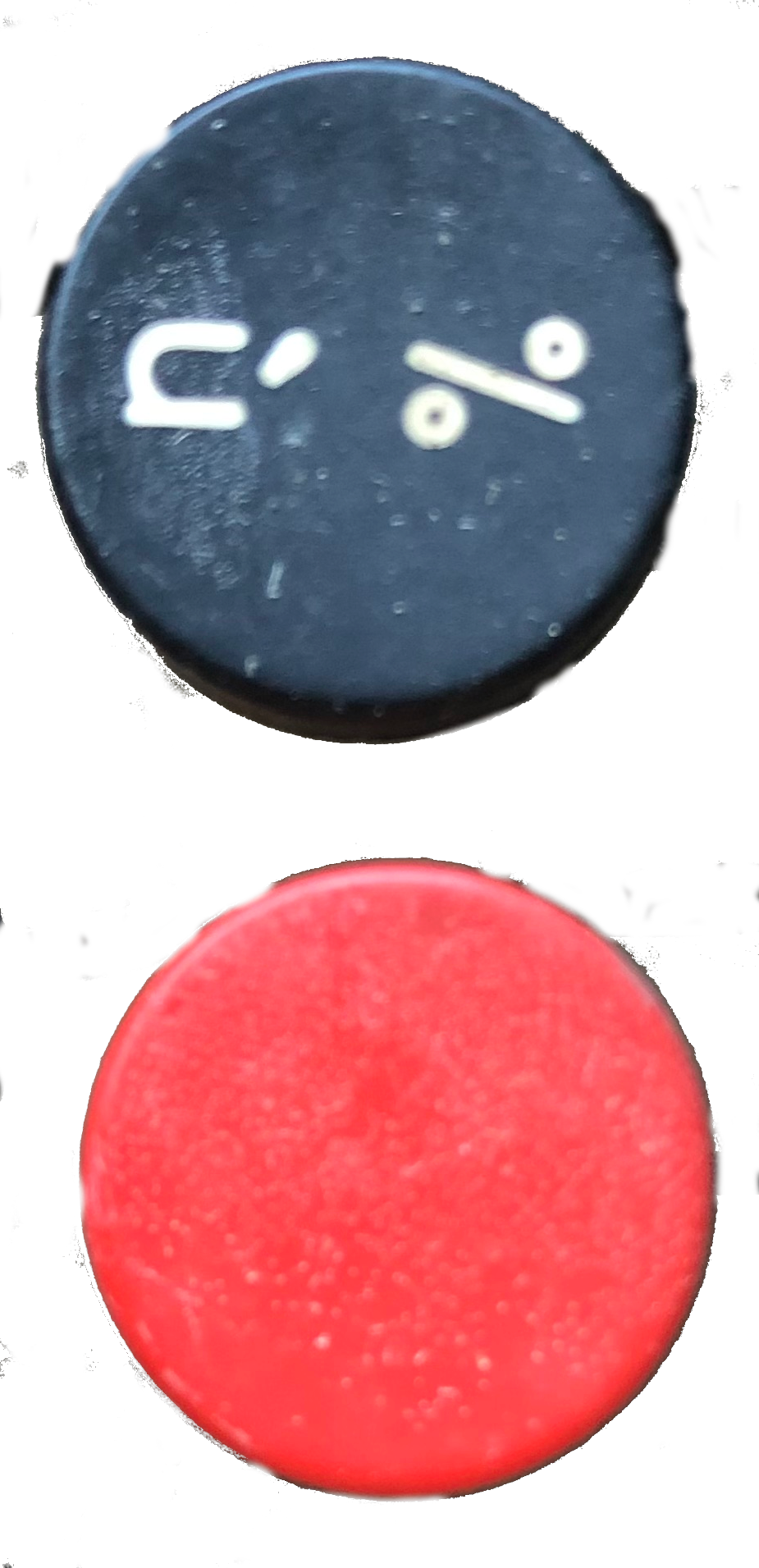Suggested readings week 18/2023

Legislative Lasagne, or the EU AI Act
The European Union legislative organisms recently unveiled a draft proposal for an EU Artificial Intelligence Act. Usueful facts of this Act are:
- it will happen very soon: enforced in 36-48 months maximum;
- it will be a law: as a Regulation (and not a Directive) as soon as published and after an observation time, it becomes effective law for all EU Nations;
- very interestingly, it has a Risk based Approach
- again thanks to its architecture, Presumption of Conformity for having adopted an engineering standard will be the main process for companies that need to comply to AI Act
- it's an horizontal regulation, covering any industrial sector where Artificial Intelligence might be relevant for safety and security
The problems of the EU AI Act are still to be solved, but I'm pretty sure they will be progressively:
- startups, small and medium sized companies don't have time and money for following and commenting the upcoming regulation
- engineering standards are still missing for the most part (so the joint initiative from of TC21 by CEN and CENELEC is very important)
- companies will need to be trained to start thinking about a correct risks classification of their products, not an easy task.
This podcats and accompanying documents and links is of paramount importance in understanding what's happening for the good of collaboration, research and a healthy business competition.
https://aipod.de/podcast-archive/191
https://eur-lex.europa.eu/legal-content/EN/TXT/?uri=CELEX:52021PC0206
The DNA of a researcher
Rosalind Franklin was a researcher who contributed to the discovery of DNA’s structure, for a long while widely believed to be the work of a trio of men researchers who won the Nobel Prize.
Being a woman in science is still difficult. At the time of the research activities with Watson, Crick and Wilkins it was even more struggling due to the sexism and racism of James Watson. The outcome, and not only due to the (terrible) ideas of Watson about women in science, was not actually the male scientists Franklin's ideas but even worse, their behaviour was to openly asking a help to Franklin and afterwards simply ignoring to cite her fundamental contributions.
https://www.nature.com/articles/d41586-023-01313-5
Open Research Publishing
PLOS is a nonprofit, Open Access publisher empowering researchers to accelerate progress in science and medicine by leading a transformation in research communication.
This is an ipmortant initiative, started 2001 and still leading the group of open publishers that struggle to keep high quality and committment to rigorous selection without a business model for subscriptions.
Statistically impossible heat extremes are here
Afghanistan and Central America have growing populations, limited resources, and the potential for more extreme heatwaves
